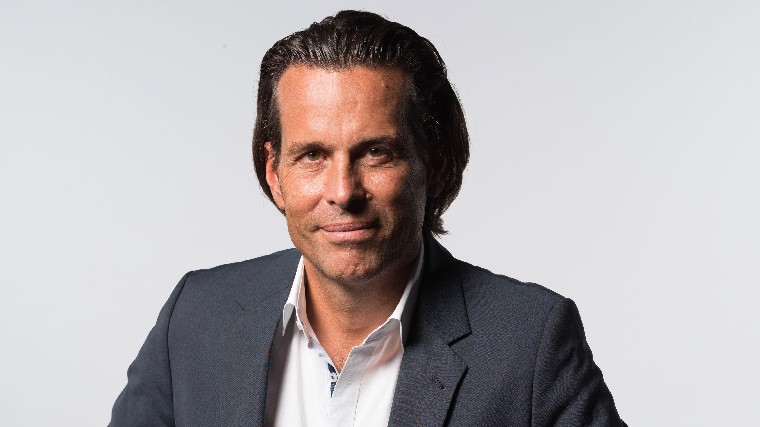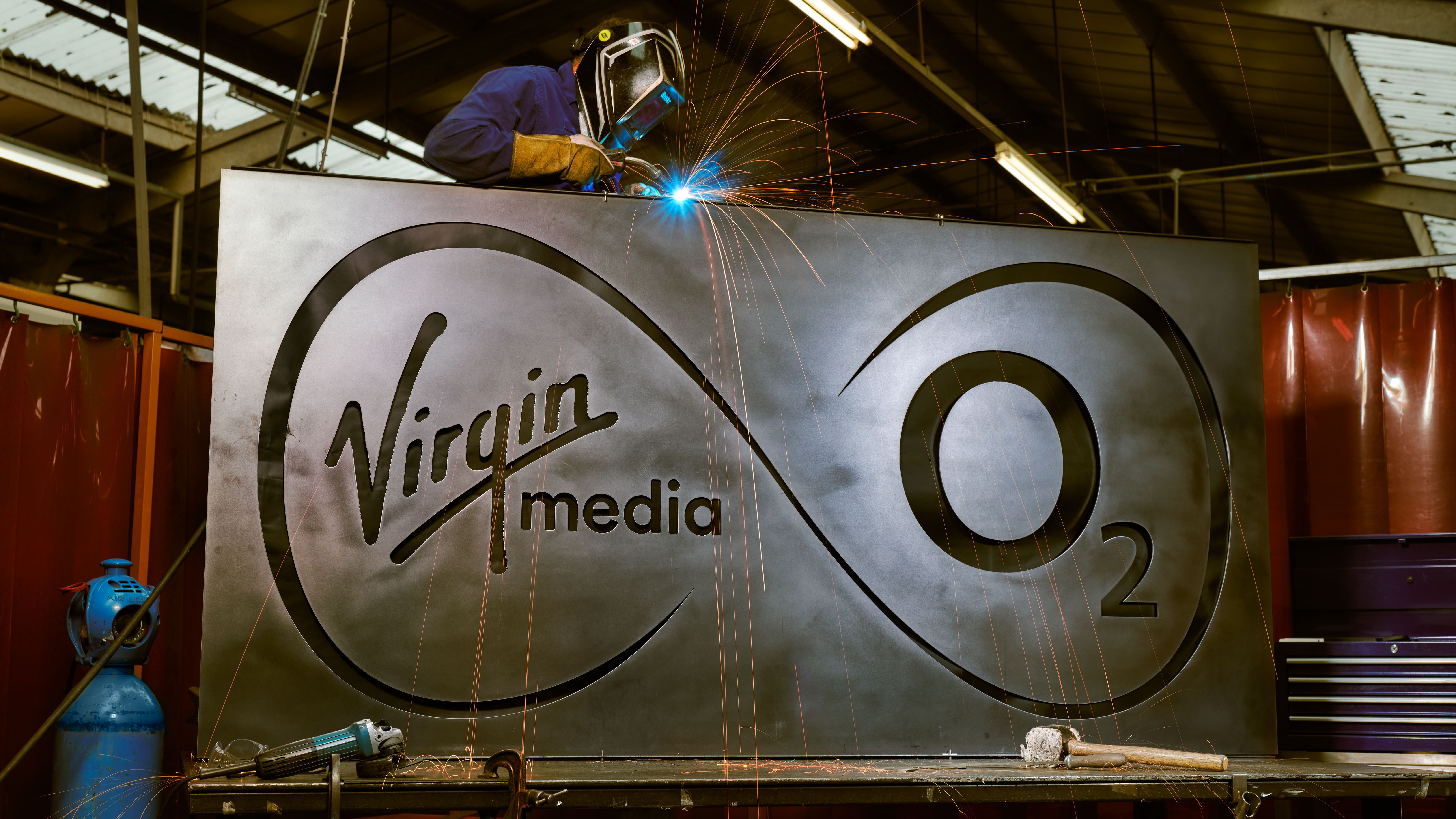Virgin Media O2 CEO outlines vision to be the UK's 'converged challenger'
Lutz Schüler wants to 'reimagine' connectivity with fibre and 5G

Sign up for breaking news, reviews, opinion, top tech deals, and more.
You are now subscribed
Your newsletter sign-up was successful
In the space of just three years, Lutz Schüler has become one of the most influential individuals in the UK telecoms sector. He joined Virgin Media as COO back in August 2018, became CEO within 11 months, and then less than a year later announced the firm was merging with O2.
Schüler was the person appointed to lead the combined entity and spearhead its bid to become a communications giant capable of challenging BT-EE in the mobile, fixed, and converged markets.
Speaking at Connected Britain 2021 in London, he admits the first 100 days have been challenging, but he is optimistic after a positive Q2, and is now ready to build on an “excellent starting position” and a £10 billion fund to invest in networks and services.
- These are the best business SIM-only deals around today
- And the best business broadband deals
- Here are the best business mobile phone deals
Virgin Media O2
“We want to reimagine connectivity and I think the timing [of the merger completion] is perfect,” he says. “We all know connectivity is important, but it had become commoditised. We now have a chance as an industry again [to change perceptions].”
Virgin Media O2 plans to complete the rollout of 1Gbps broadband to the entirety of its 15.5 million fixed footprint by the end of the year and plans to deploy fibre to the premise across its network by 2028. Meanwhile, it wants to achieve 50% population coverage with 5G.
“Competition is great for the country so we will not sit on our hands,” he adds. “We want to maintain our speed leadership.”
However, Schüler also reiterates the view held by many that consumers don’t care about technology, but they only care about experience. It is this reason why he convinced that converged services that focus on results rather than network metrics are the way forward.
Sign up to the TechRadar Pro newsletter to get all the top news, opinion, features and guidance your business needs to succeed!
“Reimagining connectivity is a chance to build value – not just in infrastructure bout also in products and services,” he explains. It’s about convergence. We believe people want fast, reliable, seamless connectivity.
“5G and fibre is just tech talk. Nobody tells me in the pub ‘I’ve got fibre’. They just say, ‘I’m with this operator and I have great service or I don’t have great service’. Consumers aren’t queuing up outside our shops for 5G – they’re queuing up because they want access to the content and applications that they want.”

'Reimagine' connectivity
An urgent priority for Schüler is to maintain commercial momentum post-merger. New services and strong brands are two ways he wants to make this happen:
“When you [carry out] a big integration, often you internalise and lose view of the market. We need to make sure we are growing.
“We have two power brands and I think we have the same roots across Virgin Media and O2. We are offering the fastest broadband and the most reliable mobile network. We are a power couple, and we need to integrate the right way.
“A happy team means happy customers who spend more money which makes shareholders happy, who then invest more money. This is the golden circle.”
Digitisation and the better use of data will be instrumental to capturing and retaining customers and enter new markets. Back in the 1990s, he says telcos were the “kings” of innovation but had since been superseded by the technology industry.
But as part of this “reimagining” of connectivity, he believes next generation networks, data analytics, and a favourable regulatory environment will reverse the sector’s fortunes, allowing it to seize revenues that have been forfeited to major consumer applications, content providers and cloud platforms.
Challenger mindset
Above all, Schüler wants to make sure that customers are “excited” about what is coming next from Virgin Media O2 so it can more relevant. Relevancy, he suggests, will become an even greater barometer of success than Average Revenue Per Users (ARPU). There will also be a focus on the B2B market – a segment in which he believes both Virgin Media and O2 have not fulfilled their potential.
Schüler might be a new face to those outside the UK industry, but he is far from a newcomer. His telecoms career spans three decades and he was actually part of the team that introduced the O2 brand to Germany in the early 2000s.
Despite his role in the largest ever merger in the UK telecoms space and creating a communications giant with 47 million connections and a 40% convergence rate, Schüler believes his challenger roots will come in handy.
Indeed, the challenger ethos even influences his choice of football team: “I live in London, but I also live in Munich. I hate Bayern Munich. I support Borussia Dortmund because they challenge Bayern… who are sponsored by Deutsche Telekom.”
- Here are the best O2 mobile phone deals
Steve McCaskill is TechRadar Pro's resident mobile industry expert, covering all aspects of the UK and global news, from operators to service providers and everything in between. He is a former editor of Silicon UK and journalist with over a decade's experience in the technology industry, writing about technology, in particular, telecoms, mobile and sports tech, sports, video games and media.